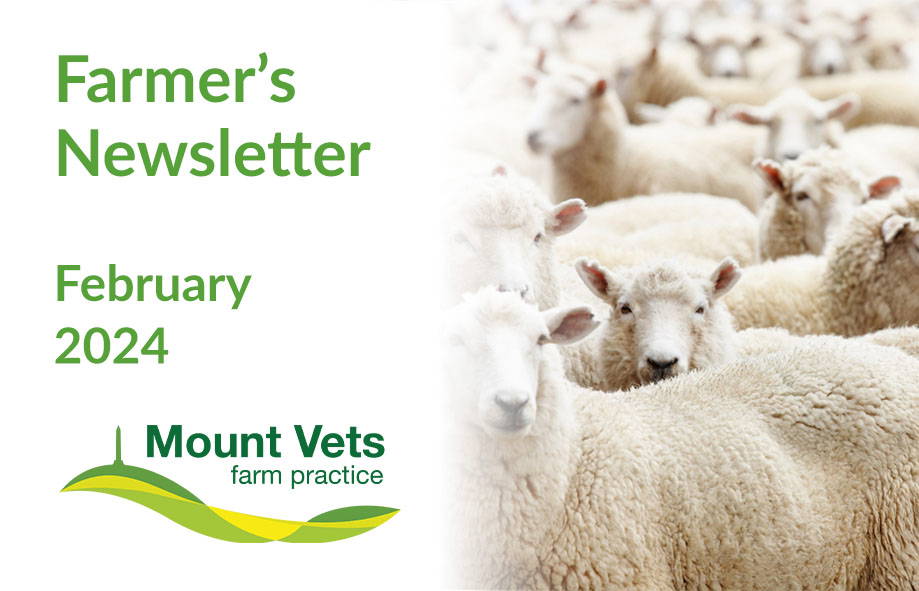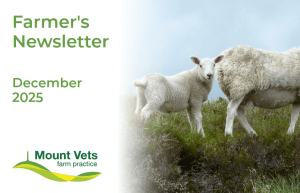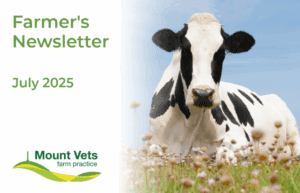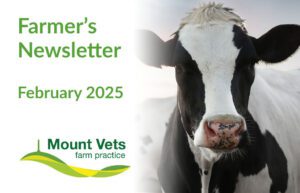February 2024
Here is the latest from our farm team at Mount Vets. If you would like any further advice or would like us to cover something in the next newsletter, please call us on 01823 662286 or contact us here.
We want to hear your feedback… Leave us a review!
We value your feedback and comments and would appreciate if you could take the time to leave us a review! Please follow the link to share your thoughts.
It’s Vaccination Time Again!
Another year has flown by, and Spring is now just around the corner. This is the peak time for protecting your herd against infectious disease by vaccination. This job is time consuming and can be unsettling for livestock, but it is a vital tool in the fight against infectious disease. Call us on 01823 662286 for more advice.
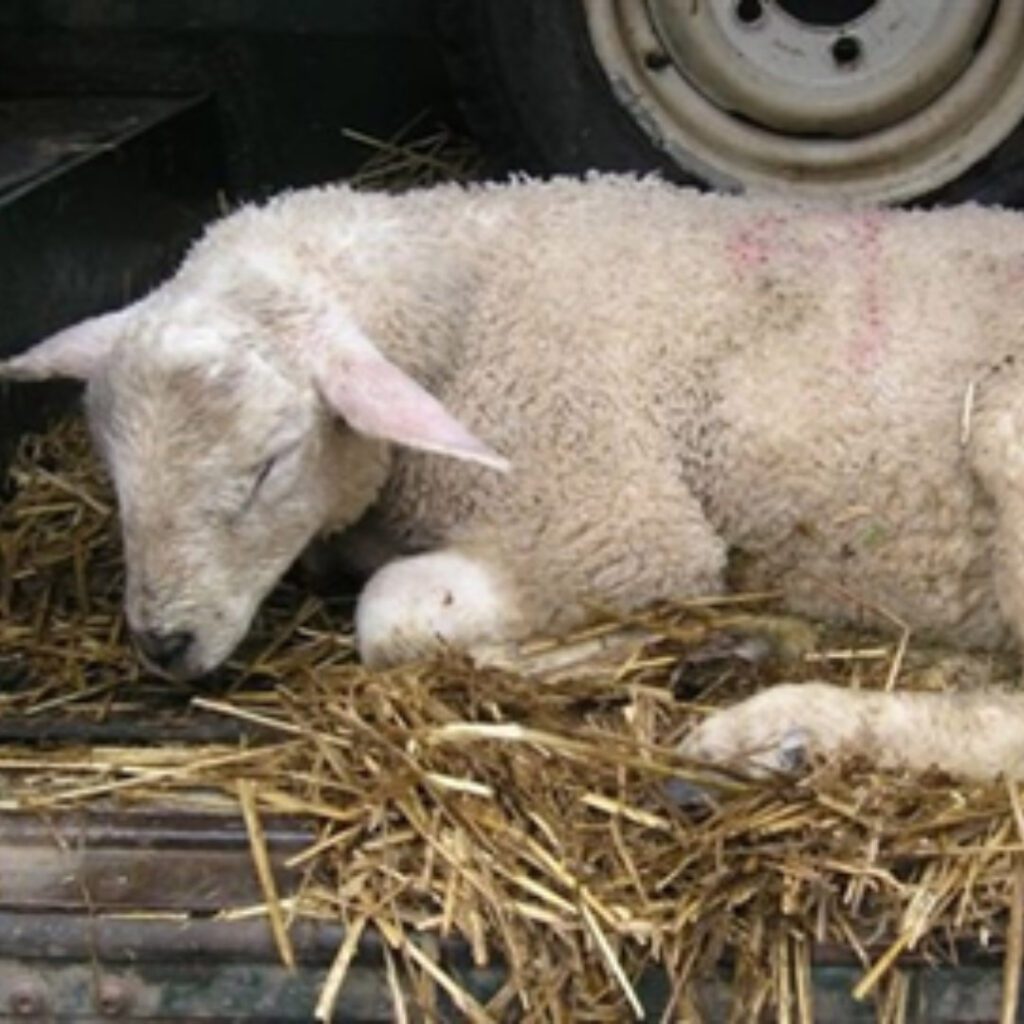
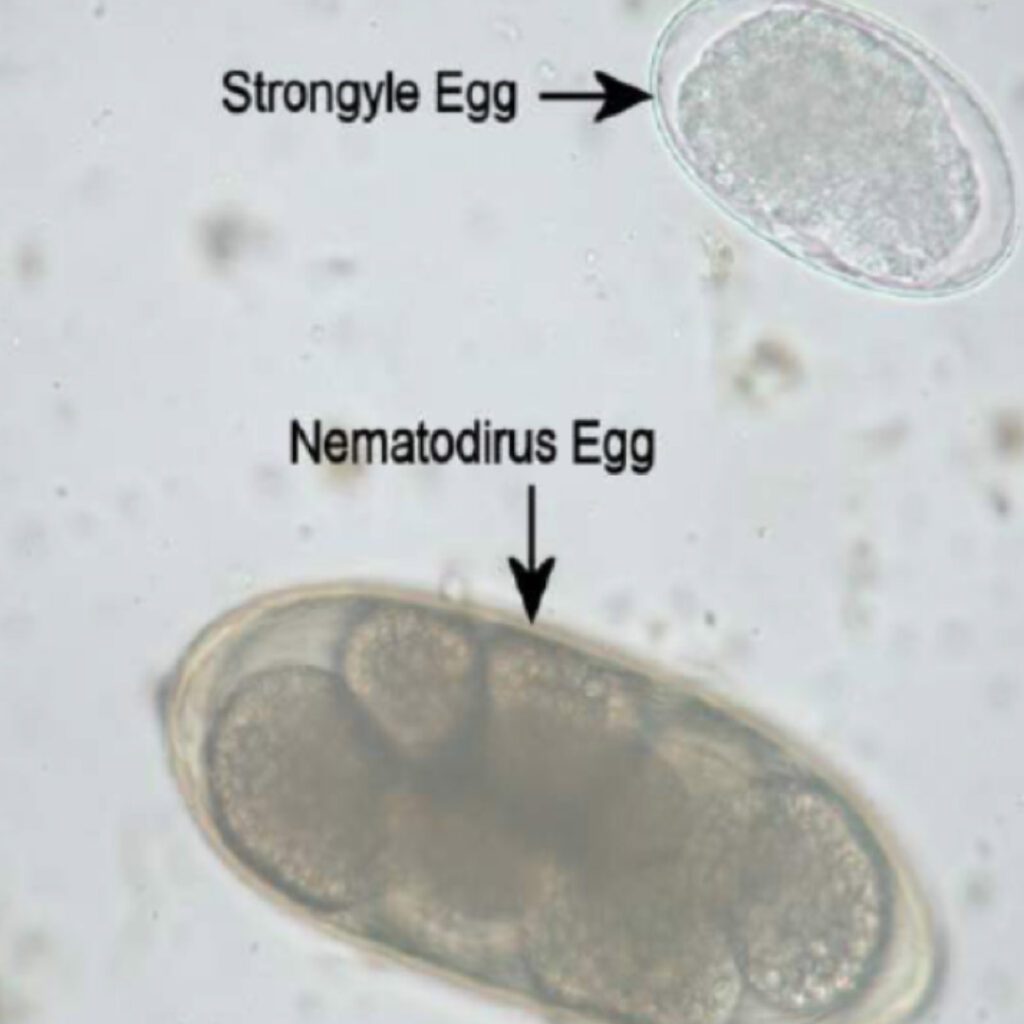
Nematodirus Risk Warning
Some of the eagle eyed amongst our readers hopefully will have seen the parasite forecast update that came out recently from NADIS. Even though the weather is still miserably wet, temperatures are creeping up as we head towards spring. This rise in temperatures brings with it the possibility of a mass hatch of Nematodirus battus, o.ne of the most damaging parasites that we deal with in sheep. As of the 20th of February, NADIS has designated most of the south of the UK as a developing risk for hatching.
Neamatodirus mainly affects early born lambs between 6-12 weeks old as these lambs will be starting to graze pastures. Once air temperatures reach an average of 12℃ for 7 days, a mass hatch of Nematodirus can occur. This can lead to very ill lambs very quickly and will progress to lambs dying if not treated early and effectively.
Clinical signs to watch out for in lambs include:
- Weakness and lethargy
- Significant faecal staining around the back end
- Dehydration
- Rapid condition loss
If there is suspicion of Nematodirus within a group of early lambs, we would start off investigation by performing a worm egg count on one of our microscopes in the practice. Nematodirus battus eggs are relatively easy to distinguish from other intestinal worms of sheep as they are significantly bigger.
Occasionally, eggs may not be present in dung of clinically affected lambs as there is a delay from initial infection from pasture to the adult parasite producing the eggs that we see. This is why the mass hatch events that occur are particularly dangerous as there will be significant damage to the lambs during this time. Nematodirus is therefore always a consideration at this time of year in lambs showing clinical signs, even if there are no eggs present on a dung sample.
Currently, Group 1 wormers (White drenches) are effective against Nematodirus battus and this would usually be our treatment of choice. Please feel free to ring the practice and discuss treatment options with one of our vets.
If you have not received an email regarding the parasite risk in our practice area and you would like to be signed up to the parasite forecast mailing list, do let the practice know.
Enzootic Abortion in Ewes
Last month, I diagnosed Enzootic Abortion, which is caused by a species of Chlamydia bacteria, in a commercial flock that was due to start lambing within the following few weeks. At the point in time, they contacted us, they’d had about 6 ewes out of 200 abort within a week and luckily for them, they quickly realized this was beyond what we might consider to be the “normal” few abortions you might see ahead of lambing. As a good rule of thumb, we would consider more than 3% of ewes aborting (or more than one in a week) as a definite cause for investigation.
All abortions in sheep should be considered potentially infectious: prompt and thorough biosecurity measures are essential. Many of these abortion bugs spread through the abortion products, such as the foetuses themselves, placenta, lambing fluids, and vaginal discharges. These all have the potential to contaminate the environment or other ewes directly. Any ewes aborting should be separated from the group immediately and isolated as a group until after all the other ewes have lambed. The foetus(es) and any placenta you can get hold of should be bagged up cleanly and bought in to the practice (or Starcross Veterinary Investigation Center, after discussion with us) for sample collection. Use a pitchfork to muck out any straw that the foetus or placenta had been laid on and remove from the pen, ensuring it is disposed of somewhere away from the ewes and any rodents, ideally burnt. If you have space to, it can be handy to remove the rest of the ewes in the group to a fresh pen to avoid the risk from environmental spread.
The most common causes of abortions in ewes are zoonotic, meaning they can be caught by humans and sadly have been known to cause miscarriages. This is the reason that women who are pregnant or trying to conceive should never be working with sheep around lambing time. However, bear in mind that this is a bug that can easily be carried back into the house on clothing and dirty hands. This is good practice anyway but is especially essential when experiencing abortion issues in the ewes: farmers should be responsible for washing their own overalls and taking extra care not to bring contaminated towels, clothing etc. into contact with a pregnant wife or girlfriend. Wash your hands and forearms very thoroughly before coming back into the house!
Although not guaranteed for every abortion investigated, a diagnosis can be very useful. Enzootic Abortion has the unique advantage of being at least partially controllable through whole flock oxytetracycline treatment, every 3 weeks until the end of lambing. Although this won’t stop all abortions, it can significantly reduce them and the earlier you can get the issue diagnosed and treated, the better. Both Enzootic Abortion and Toxoplasmosis (the two most common infectious causes) have a very effective vaccine that can be utilized ahead of breeding for the next year.
Schmallenberg Returns
We have had an alarmingly high proportion of our earlier lambing (December-February) flocks reporting a surge in Schmallenberg cases so far this winter, some reporting up to 20-25% of lambs being born with tell-tale birth deformities. We get the odd few suspect cases born most years, however it would appear that every 3-5 years, the waning immune protection of the national flock/herd coincides with a particularly good summer and autumn for midge populations. A lot of affected shepherds also reported unusually low scanning results, which may be a bit of a heads up in future years.
The most well-known symptoms of this demoralizing disease are the angular limb deformities, fixed joints and bent spines. However, less known symptoms affecting the development of the brain and spinal cord can also result in lambs born unable to walk or coordinate their limbs, unable to balance or with unusually domed foreheads. You may see seizures, blindness or “dummy” lambs/ calves that can’t suck or stand.
Birth deformities occur most commonly when ewes are infected at 25-50 days into their pregnancy, meaning that most March and April lambing ewes should hopefully be less likely to be affected as the midge populations start to fade away in November.
Unfortunately, the same cannot be said for cattle, as birth defects occur when cows are infected at 60-180 days into their pregnancy, so months 2-6 of gestation. This means that we may see issues with affected calvings for a much longer period and that the worst may yet be to come for calvings, particularly in the spring.
With calves in particular, these deformed foetuses often necessitate either a caesarean or for the calf to be sectioned into smaller pieces where possible. Due to the risk of fixed joints, attempts at delivering the calf can easily do significant damage to the cow. If you’re at all concerned about any unusual feeling lambings or calvings – give us a ring sooner rather than later!
Upcoming courses
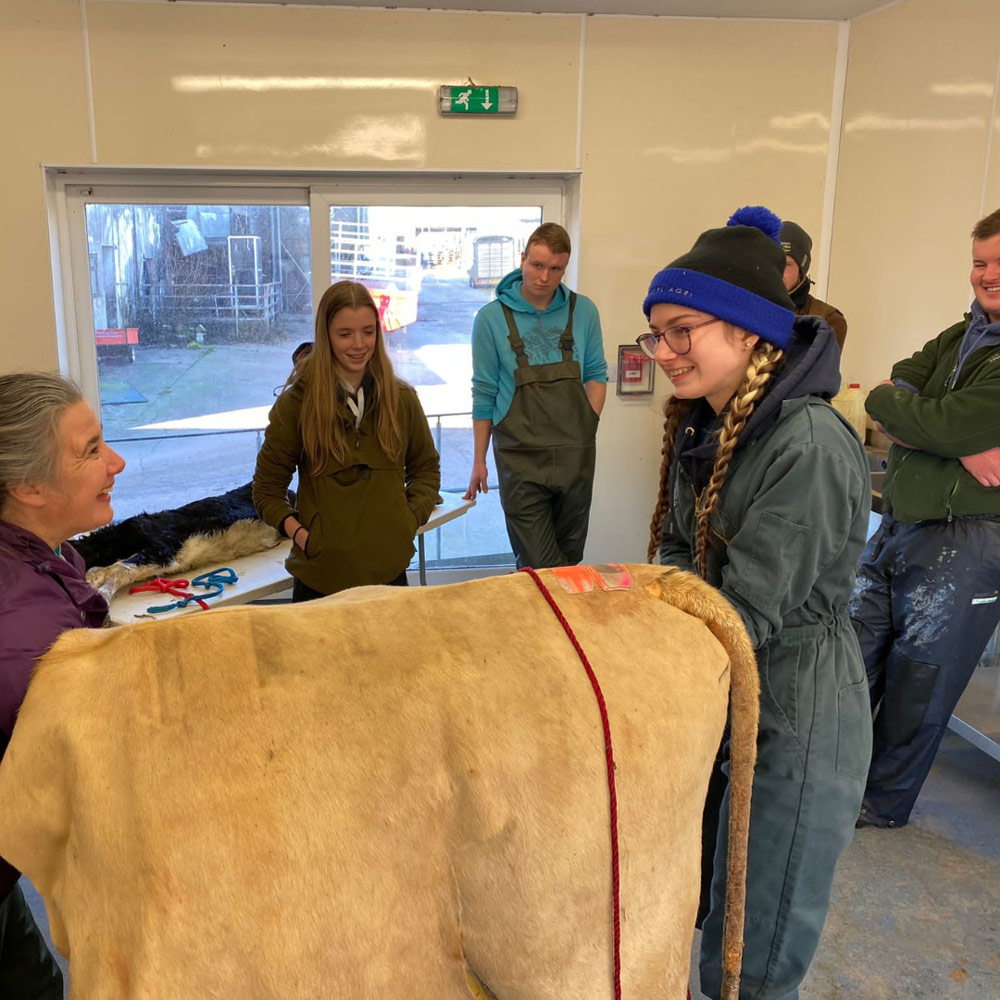
Be a Better Herdsperson
We are running our ‘Be a Better Herdsperson’ Course again this month. The attendees have enjoyed their first few modules and have learnt a lot so far. The course is very hands-on and sets out to increase the understanding of the cow and her environment. If you are a young farmer or farmworker with a growing interest in dairy cows, this farm herdsperson course is for you! If you would like more information or would like to be added to our waitlist for our next course, please contact us.
Please ring the practice to book your place on any of our courses on 01823 662286 or email farm@mountvets.com
Meet the Team!
We have an experienced & friendly team here at Mount Vets. You might already recognise a few faces but over the next few months we will reintroduce you to some of our excellent team. To read more and see more of the faces of Mount Vets visit our team page, and be sure to follow us on Instagram and Facebook.
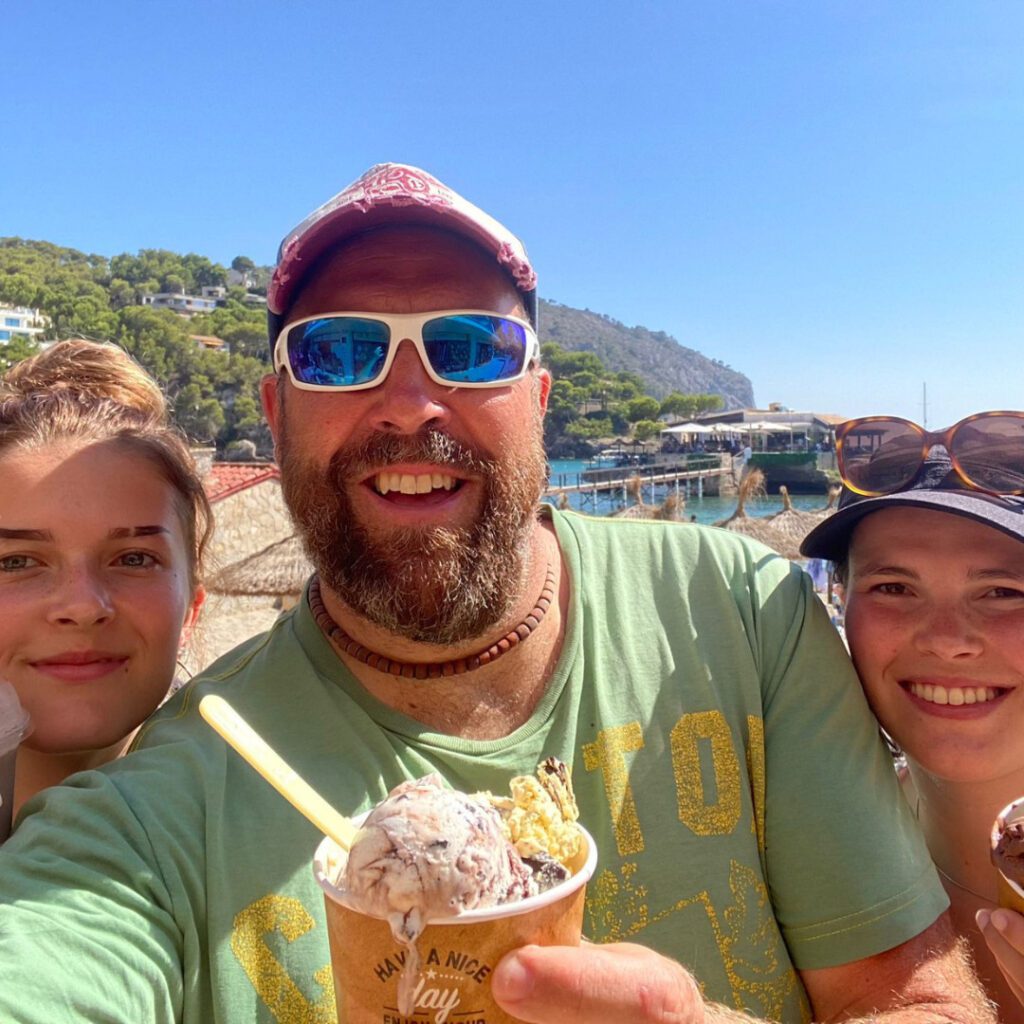
Piers Pepperell
Director
Many of you will already know our Mount Vets Director Piers; but did you know he has appeared on tv show Blind Date with Cilla Black?
Piers loves to spend a free day with his two daughters and three dogs, surfing on the North Devon Coast.
His favourite vet call out was when he was called into the waiting room and unknown to him at the time, but he then met his wife to be. She had brought in her eight baby bunny rabbits, which led on naturally to a 10-minute chat about pig wormers and her asking Piers out on a date.
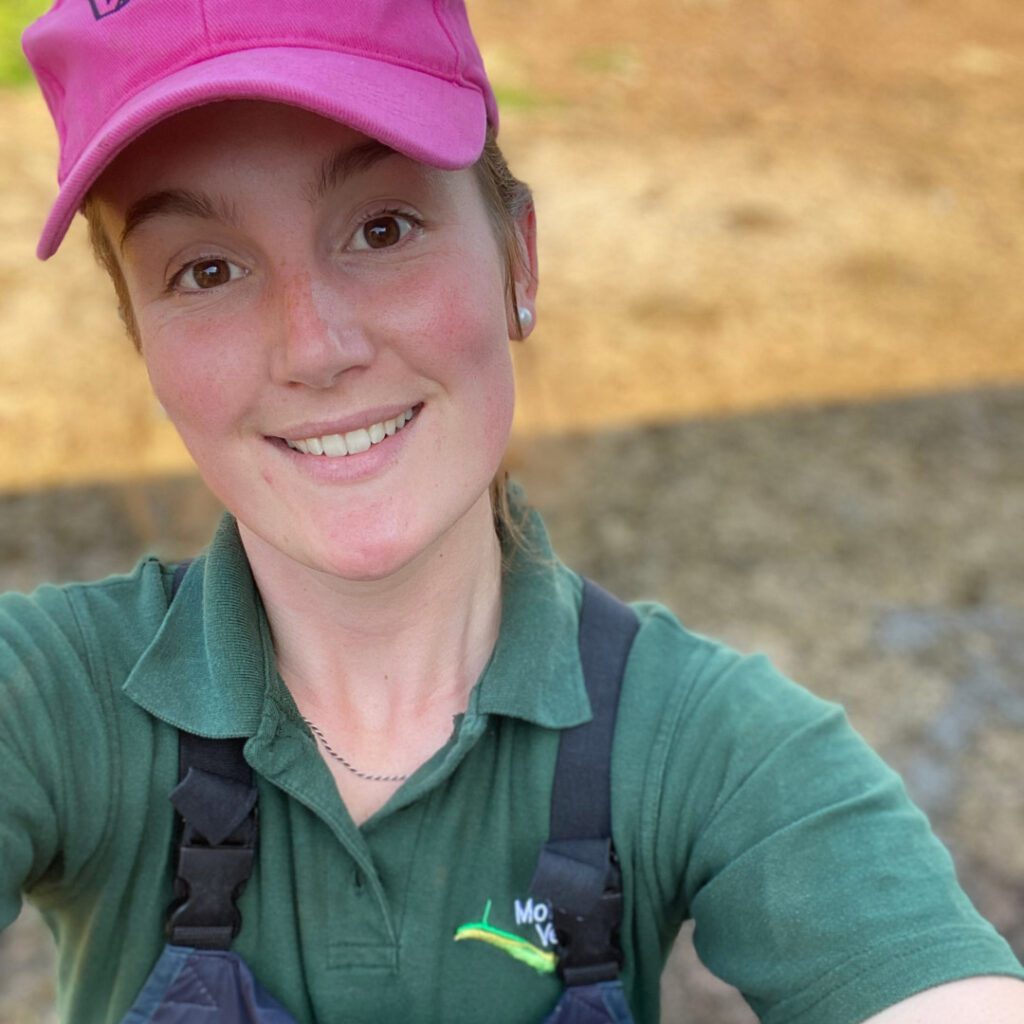
Pip White
Vet
Pip is one of our large animal vets. If you’ve met her, you will probably know how much she loves her cows. So much so, that she loves to spend her free time at home with her cows! That, or in the showring showing them. 🐮
Pip graduated as top student in her year from the University of Surrey.
Her favourite song is Mr Brightside by the Killers.
Have a question about any of the topics covered in this newsletter?
If you need any assistance with the topics covered in this newsletter, please do not hesitate to get in touch with our experienced farm vets who will be able to help. Call 01823 662286, or contact us here.
